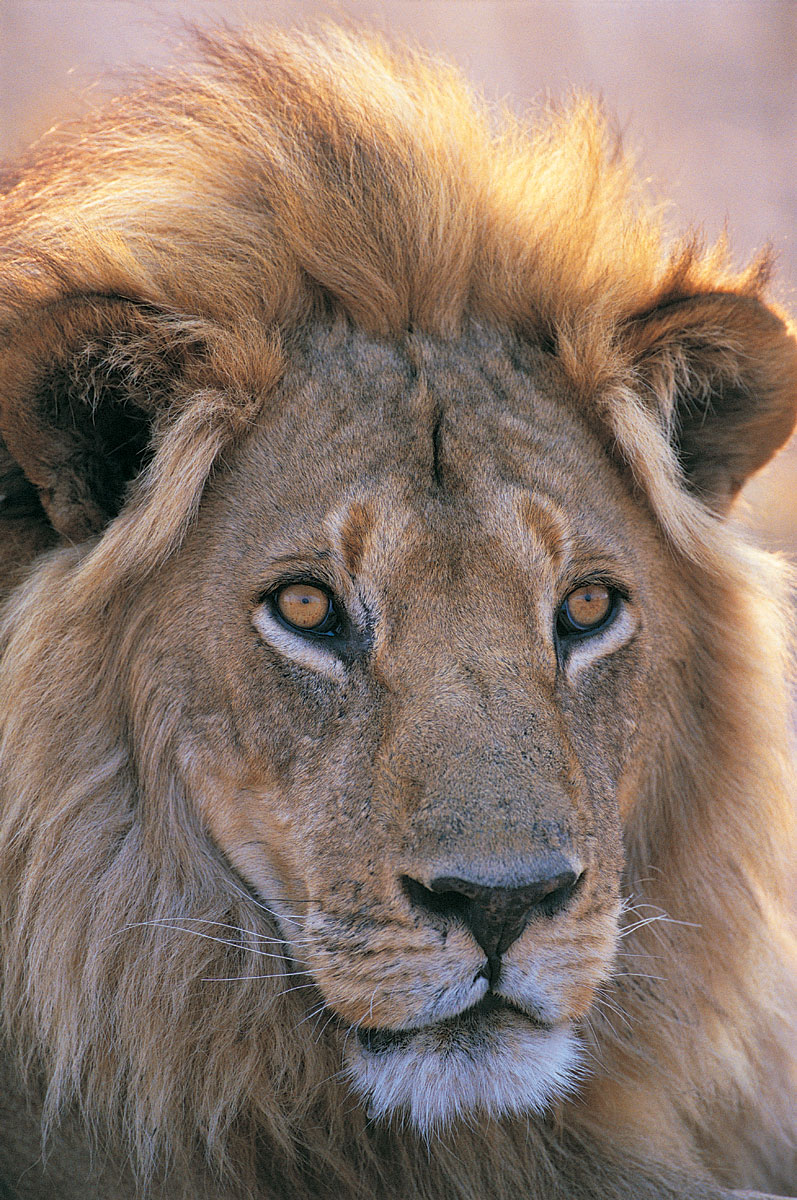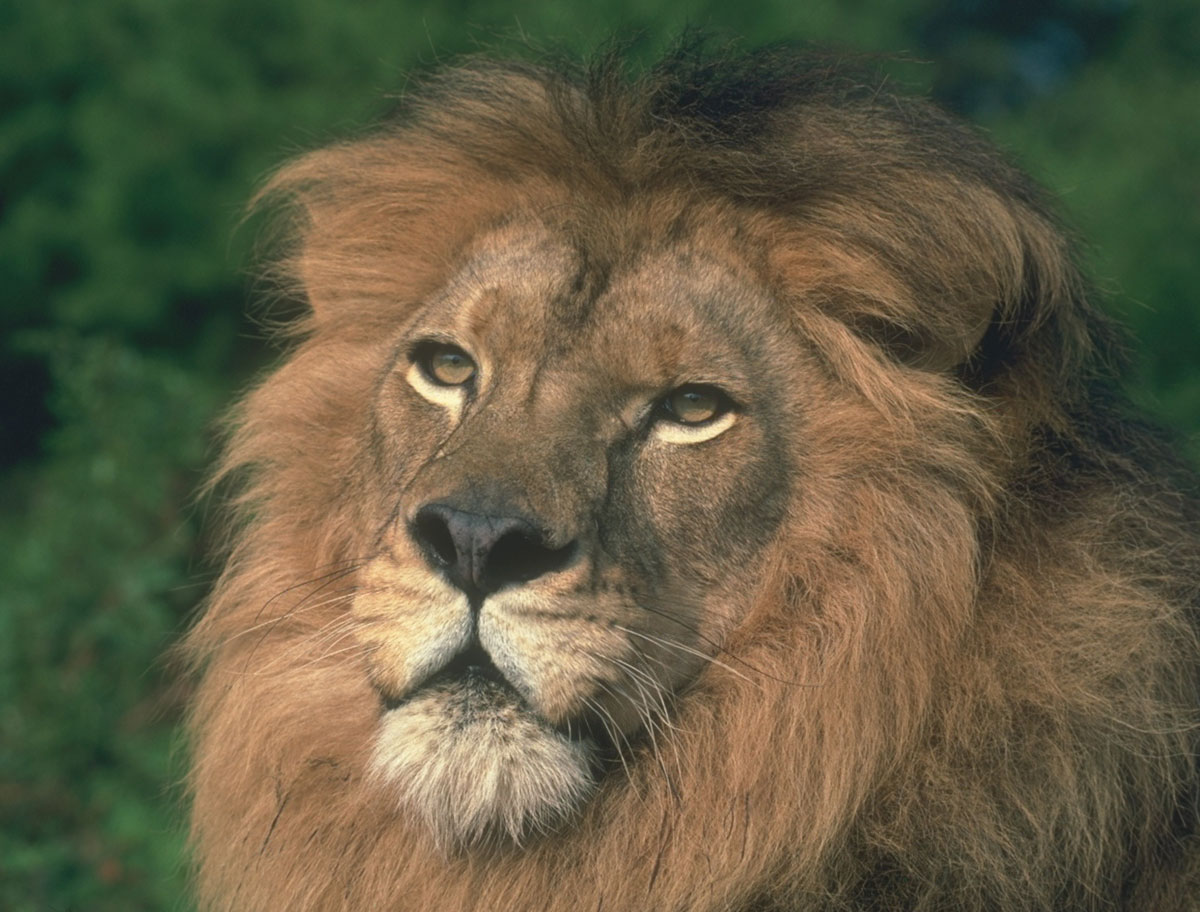Lion Bait
 Recent attempts to have the lion declared an endangered species, thereby restricting or prohibiting the importation of lion trophies to the U.S., make one wonder if anyone, anywhere, ever learns anything.
Recent attempts to have the lion declared an endangered species, thereby restricting or prohibiting the importation of lion trophies to the U.S., make one wonder if anyone, anywhere, ever learns anything.
Part of the thinking of the anti-hunting groups (which they are, more than “animal rights” or conservation groups) is that if trophies cannot be imported, then hunting will cease, and animal numbers will increase.  This sounds good if you say it quickly and don’t give it any thought, but experience has shown that putting an animal on the list can do the species more harm than good.
The immediate problem is that you are dealing with two distinct and separate publics:  One is the American trophy hunter; the other is the indigenous population.
Long experience has demonstrated beyond any argument that the surest way to persuade an indigenous population to preserve animals is by giving those animals financial value.  And the surest way to give them value is to allow them to be hunted, with the locals getting the proceeds.
With the lion today, there is an almost eerie parallel with what happened with the African leopard in the 1970s and ’80s.
Amid much hand-wringing and the indignant cries of the budding animals-rights groups, the authorities were persuaded that leopards were heading for extinction, and importation of leopard skins and leopard-skin products was restricted or prohibited.
The immediate result was that, on the ground in Africa, the leopard ceased to have any economic value.  In fact, it had a negative economic value because leopards like to eat goats, calves, and occasionally humans.  With no incentive to conserve them, and every good reason to get rid of them, the locals treated them like vermin and exterminated them wherever possible.
Later studies showed that leopards are about as endangered as possums.  But, like the possum, they are a prowling nocturnal beast that is rarely seen in the daytime.  Also like the possum, the leopard is quite happy to live in close proximity to human habitation, regarding farms and villages much the way we regard the local grocery store.
Once the restrictions were lifted, and villagers could pocket two or three years’ income in cold cash from a hunter taking a leopard, the cats once again had economic value that far outweighed the loss of an occasional goat.
Lions are not an exact parallel with the leopard because they have quite different habits and life styles.  Leopards are nocturnal loners while lions live in prides or in small groups of males.  Lions are three times the size of a leopard, and eat more and bigger animals.  The African lion, as well, seems more likely to become a man-eater than the African leopard.
If you want a parallel, consider the white-tailed deer versus the elk, or the grizzly versus the black bear.  Black bears and whitetails embrace human habitation, elk and grizzlies avoid it – and are vastly more dangerous or destructive when they do come in contact with people.
The whole idea of an endangered species list is somewhat of a blunt instrument.  In parts of Africa, there are no longer any lions at all; in other parts, there are far too many.  The best way to reduce the latter (and perhaps encourage reintroduction in the former) is for lions to have significant economic value, and the only way to do that is to allow trophy hunting.
The discouraging thing about this whole argument is that we went through it already, with leopards.  Now, 25 years later, there is a new generation of do-gooders at the helm of the animal-rights groups.  They think lions are endangered and hunters are the problem, and they have the answer.
As always, the real problem is that most of these groups are in business, not to save any animals, but to put an end to hunting.  One look at their books pretty much proves that most of the individuals involved look upon their organizations and the money they raise as a personal ticket to a soft life and exotic travel, not as a means to actually do some good for the animals they purport to care about.
It just shows that for SCI and other prominent hunting groups, the fat lady never sings, and the battle is never over.—Terry Wieland


